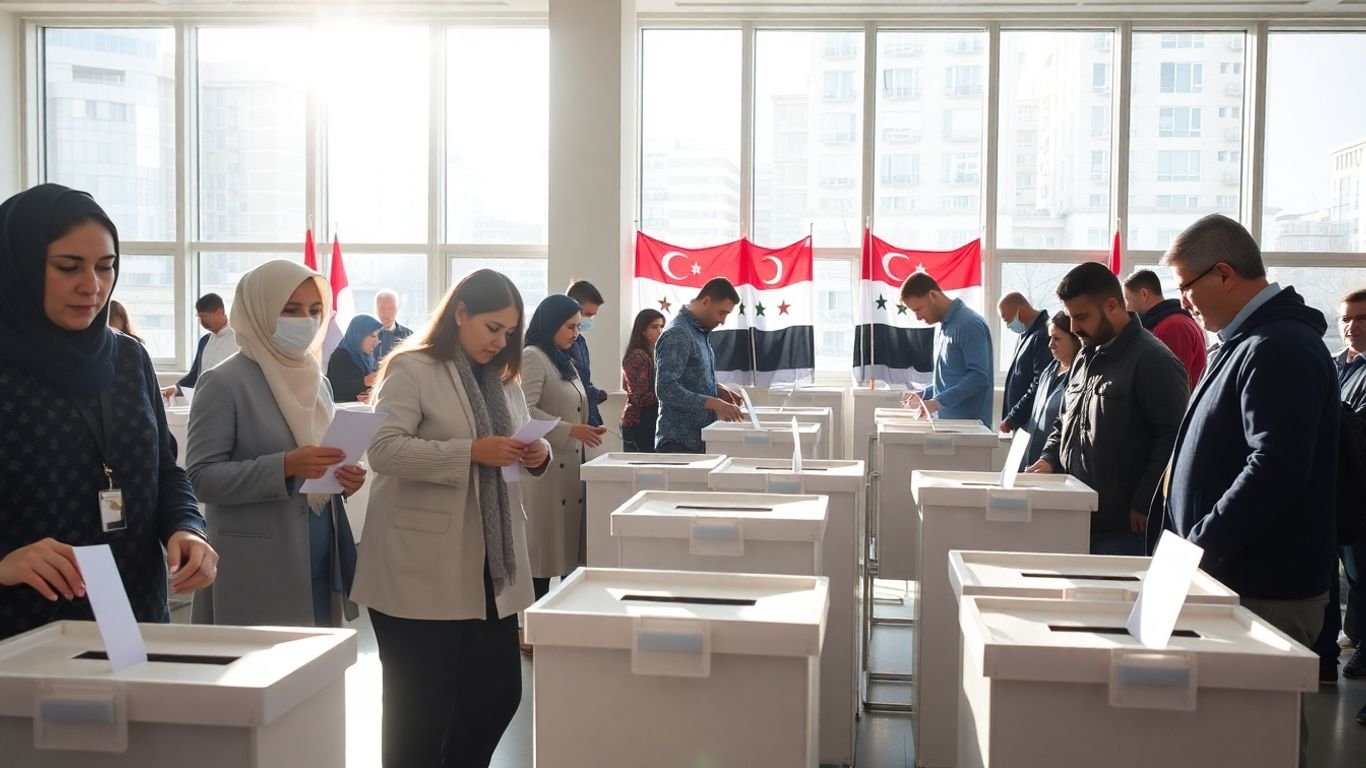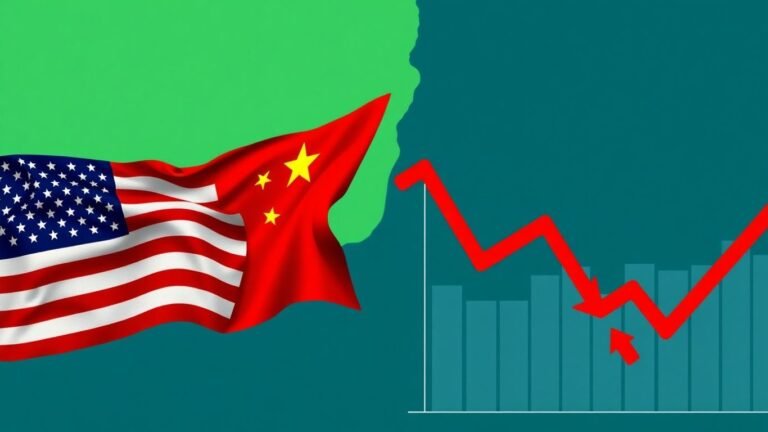Syria Holds Historic First Parliamentary Elections After Assad Era

For the first time since the end of Bashar al-Assad’s rule, Syrians have gone to the polls to elect a new parliament, marking a pivotal moment in the nation’s turbulent political history. This election signals the beginning of a new political chapter, with hopes for a more inclusive and representative government.
Key Takeaways
- Syrians vote in the first parliamentary elections since the Assad era ended.
- The election is seen as a critical step toward political reform and stability.
- Significant voter turnout reported despite challenges.
- International observers closely monitor the process.
Background: The End of an Era
Bashar al-Assad’s leadership, which began in 2000 following his father’s long tenure, was marred by years of civil war, economic collapse, and widespread displacement. Intensified international pressure and ongoing conflict eventually led to Assad stepping down, opening the door for democratic reforms.
The latest elections are the culmination of transition efforts initiated by both national stakeholders and the international community. Political parties that were once banned or exiled are now participating, promising new voices in the legislative process.
Election Day: Participation Amidst Hope and Caution
Polling stations across major cities and rural areas saw a steady flow of voters. Makeshift camps for the internally displaced also hosted voting centers, with security forces deployed to ensure a peaceful process. Despite concerns about sporadic violence and voter intimidation, initial reports indicate that the process proceeded largely peacefully.
Election officials emphasized transparency and security measures to address fears of fraud. Ballots were counted publicly in several locations, with independent observers present. Social media buzzed with photos of ink-stained fingers and testimonials of citizens casting their votes freely for the first time in years.
Diverse Candidates and Issues at Stake
For many Syrians, this election represents an opportunity to address unresolved grievances. A record number of candidates registered, including women, minority representatives, and young activists. Key issues at stake include rebuilding war-torn infrastructure, reviving the economy, addressing the needs of refugees and displaced people, and ensuring transitional justice.
A table summarizing the main parties and their platforms:
| Party | Key Platform Issues |
|---|---|
| National Unity Front | Economic recovery, reconciliation |
| Democratic Alliance | Human rights, inclusive governance |
| Freedom Movement | Anti-corruption, youth employment |
Regional And International Reactions
Global capitals responded cautiously to the developments. Western governments stressed the need for ongoing international oversight to ensure free and fair elections, while neighboring countries expressed hope that a stable Syria could benefit regional security.
UN observers commended the relatively peaceful process, but highlighted the need for deeper reforms and comprehensive national reconciliation. Many stressed that this is only the beginning of Syria’s democratic transition.
The Road Ahead: Challenges and Opportunities
While the elections represent a significant step forward, Syria’s post-Assad era will face mounting challenges: ongoing security threats, a fragile economy, and deep societal divisions. Nonetheless, many Syrians express hope that a new parliament could help steer the country toward unity and lasting peace.
The final results are expected within days, with political analysts watching closely to see whether the new parliament will be able to guide the country into a new era marked by stability and meaningful reform.


![[Trump] points accusingly at a shadowy crowd at the border.](https://countrybrief.com/wp-content/uploads/2025/11/thumbnail-151-768x432.jpeg)

![[Trump] looks thoughtful, reflecting on election night.](https://countrybrief.com/wp-content/uploads/2025/11/thumbnail-50-768x432.jpeg)

